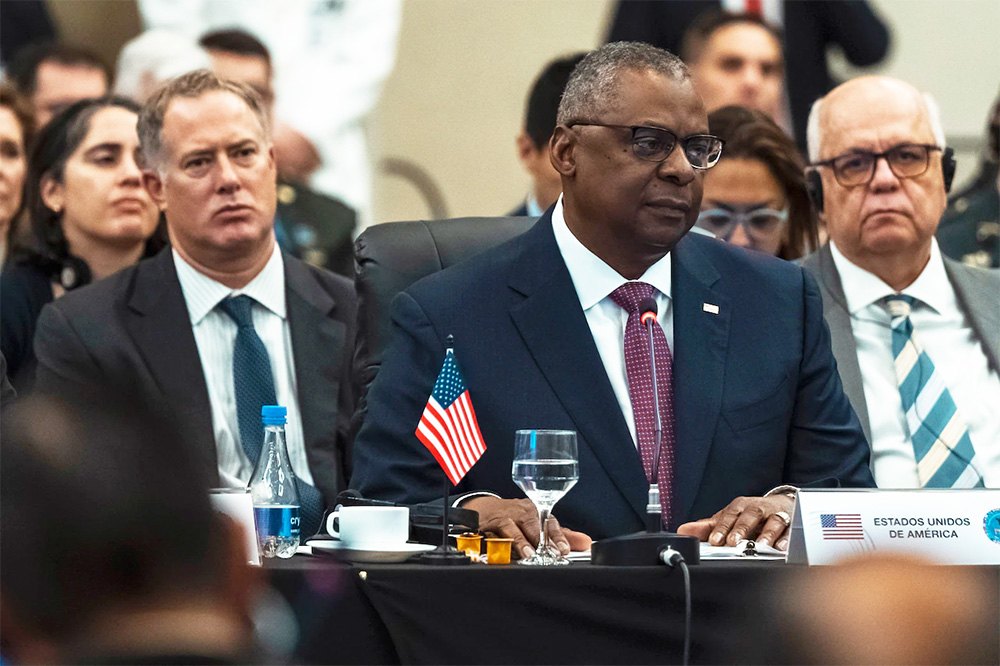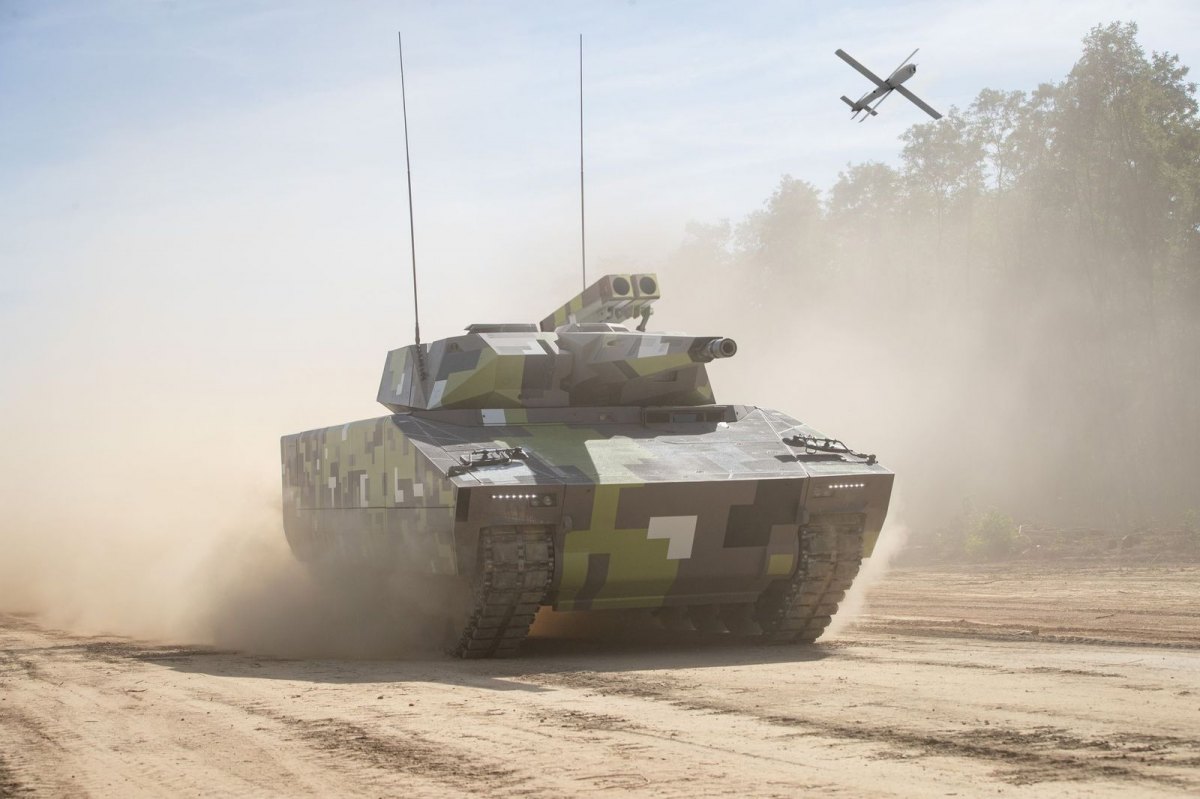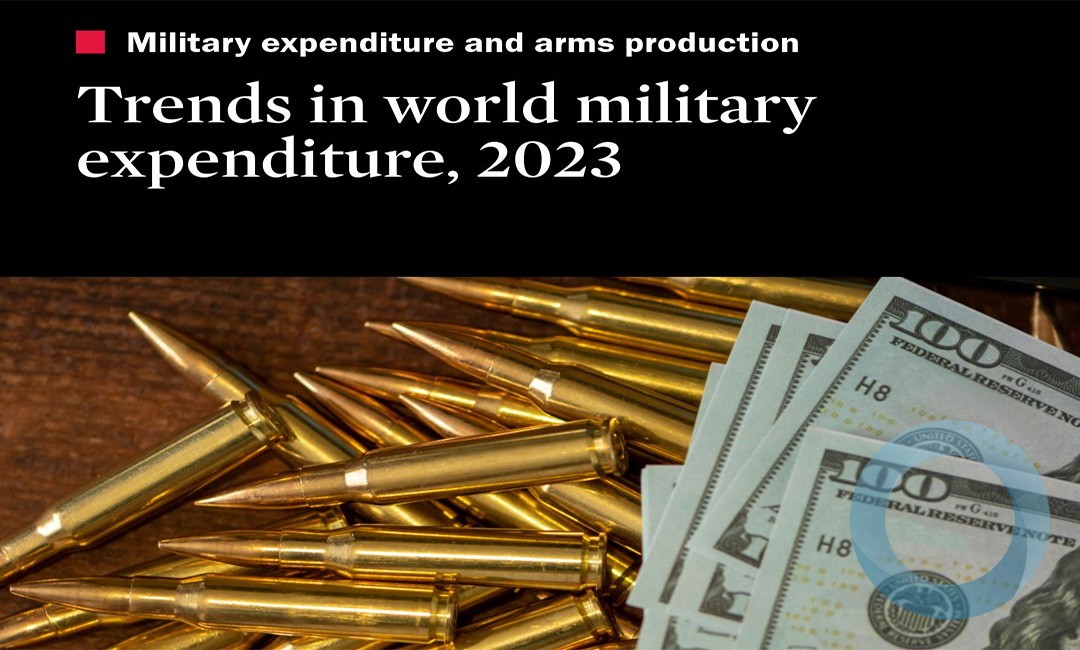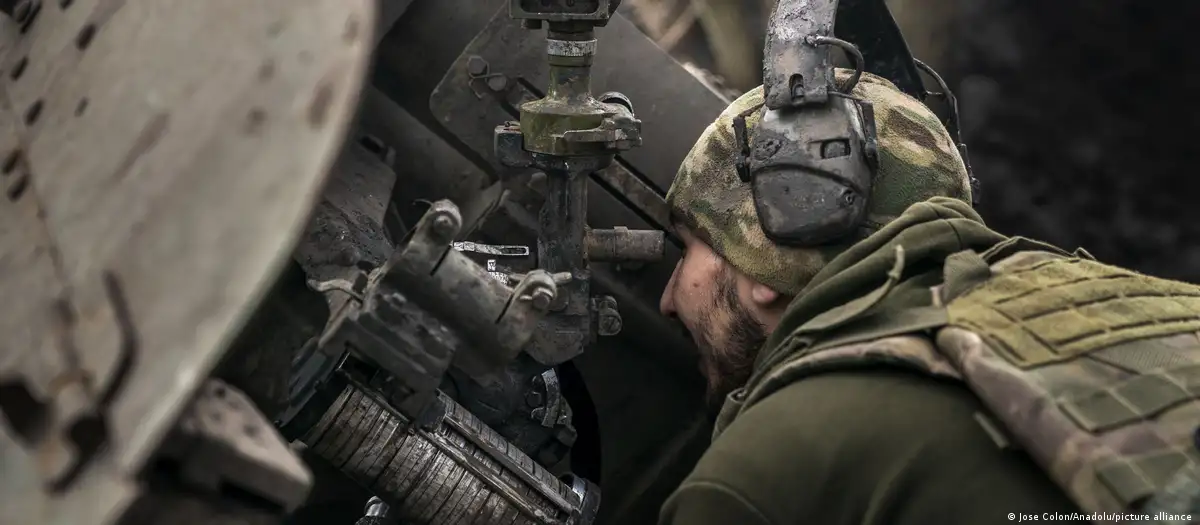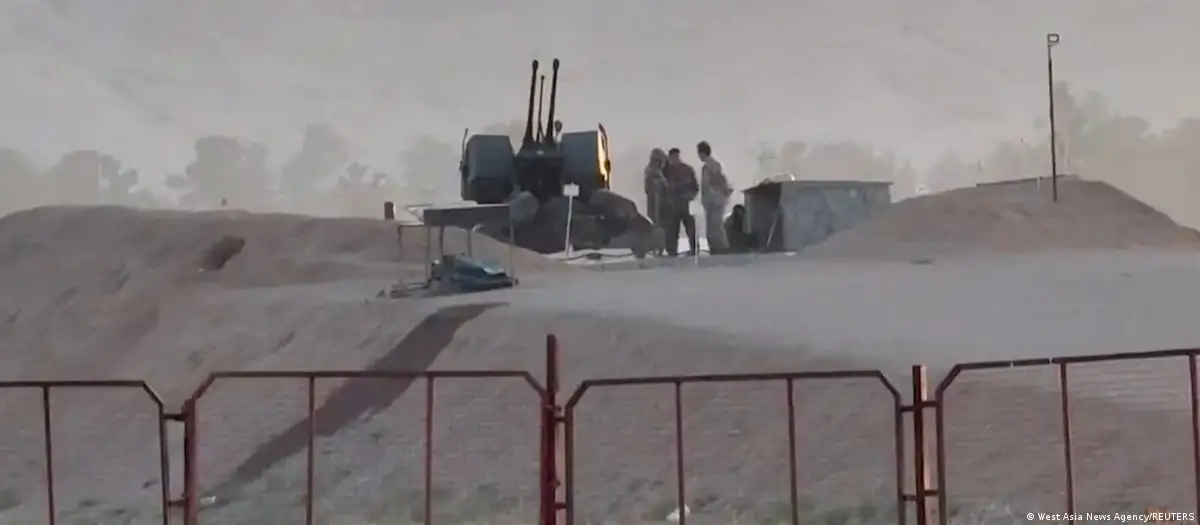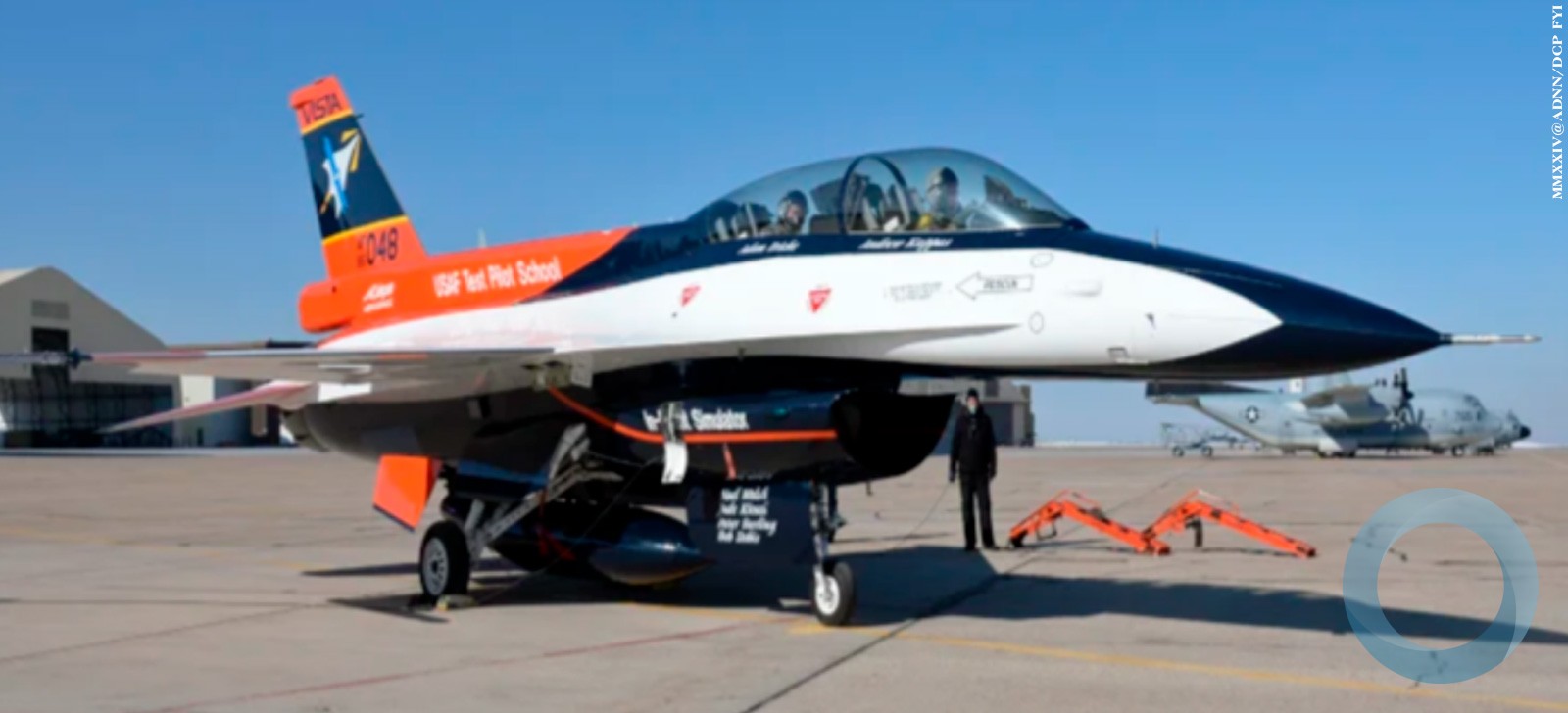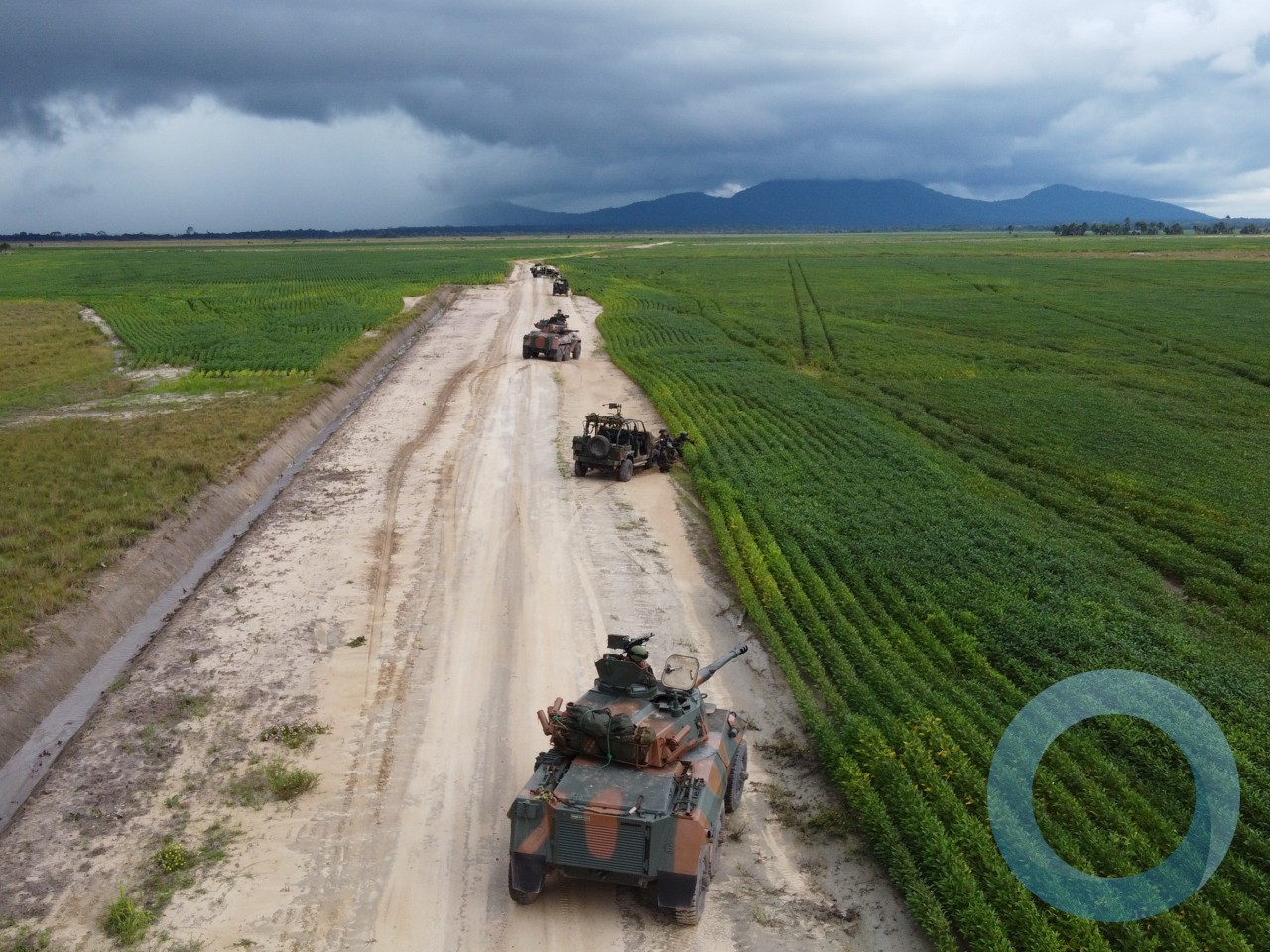Defence Ministers today formalised their contribution in view of the European Council at the Steering Board of the European Defence Agency (EDA). It complements the contributions from the High Representative /Head of Agency Federica Mogherini and Commissioner Bie?kowska.
Among others, Ministers agreed on analysing the implications of hybrid warfare for European defence capability development, on further incentivising defence cooperation including the Preparatory Action on CSDP-related research, on a SME Action Plan, on potential basic principles, objectives and actions for a Security of Supply regime as well as future priorities of the Agency.
Capability development
During today’s meeting, Defence Ministers welcomed the progress achieved in the implementation of the 2013 European Council Conclusions. The four capability programmes on Air-to-Air Refuelling, Cyber Defence, Remotely Piloted Aircraft Systems and Governmental Satellite Communications endorsed by the European Council in 2013 are making good progress in line with their roadmaps.
Cooperative programmes are important for enhancing capabilities in Europe, but also for clarifying priorities for industry. Defence Ministers agreed that potential additional priority capability areas could be investigated using the Agency’s Capability Development Plan, an assessment of cooperative opportunities derived from the Collaborative Database (CODABA) and EU wider policies.
The Agency was also tasked to conduct an analysis of the implications of hybrid warfare for European defence capability development in light of the changed security environment to the East and South. The analysis might form part of wider efforts, co-ordinated by the External Action Service and also including the Commission, to analyse the impact of hybrid warfare on the European security environment and to identify, and recommend improvements to existing EU tools and instruments that are best suited to counter this threat.
Incentives for defence cooperation
While Member States spent 26% of their defence equipment budget in collaborative procurement in 2011, this ratio was 16% in 2013. There is a need to spend better on defence, and to do more together.
Defence Ministers today confirmed the need for EDA to work on non-market distorting fiscal and financial measures to further incentivise defence cooperation. Tangible progress has been achieved on VAT exemption for ad hoc projects in EDA, with the support of the Commission and the Belgian authorities. Three pilot cases currently benefit from VAT exemption. Formalisation of this VAT exemption is pending the currently ongoing review of the EDA Council Decision.
EDA is investigating with Member States financial engineering mechanisms in support of defence cooperation, including a potential European investment fund for defence, for example to improve the availability of funds and the synchronisation of budgets allocated to cooperative programmes.
This fund could be part of the pooled procurement mechanism. In addition, EDA has initiated contacts with the European Investment Bank to investigate potential financial support to the industrial sector and cooperative programmes of a dual-use nature.
In November 2014 the EDA proposed and Member States approved a Policy Framework for long-term and systematic cooperation. Its objective is to provide a coherent basis for defence cooperation in Europe, from priority-setting through in-service support to disposal/decommissioning.
Preparatory Action on CSDP-related research
There is a need to halt the continuing decline in investment of defence R&T and maintain competence in areas of critical technologies. The Preparatory Action on CSDP-related research, and its potential follow-on action in the next Multiannual Financial Framework, could provide fresh impetus.
Ministers of Defence supported the progress achieved towards the development of the Preparatory Action by the European Defence Agency and the European Commission in close cooperation with the Member States. They endorsed consolidated views pushing for a defence-oriented and CSDP-related Preparatory Action. The European Council in June 2015 is expected to provide further guidance.
SME Action Plan
Defence Ministers furthermore agreed on revised guidelines for facilitating access to the defence market for Small and Medium-sized Enterprises (SMEs), supporting the implementation of the Agency’s SME Action Plan. SMEs are considered to be the backbone of the EU economy in terms of jobs creation, growth and innovation.
The role of SMEs in the European Defence Technological and Industrial Base (EDTIB) has gradually increased over time, partly as a result of greater outsourcing. The non-binding guidelines were prepared in close cooperation with the Member States and the European Commission. They contain recommendations dedicated to access to supply chain, access to finance, support to innovation, competitiveness and industrial performance, and security of supply aspects.
Security of Supply
Security of Supply arrangements are indispensable for the sustainment of operations, the development of long-term planning and cooperation, and the functioning of the internal market for defence. The December 2013 European Council called on the Commission to develop with Member States and in cooperation with the High Representative and the EDA a roadmap for a comprehensive EU-wide Security of Supply regime, which takes account of the globalised nature of critical supply chains.
Due to the significance and multi-dimensional nature of the Security of Supply and taking into account experience gained from its work and activities, the EDA has together with its Member States identified potential basic principles and objectives of such a regime as well as actions that could be taken at the intergovernmental level.
Proposed actions include establishing specific measures to ensure access to critical capabilities and technologies, e.g. through an early-warning or prioritisation mechanism, developing a mechanism to address concrete short term shortfalls, promoting cross-border cooperation, and bringing the supply and demand side closer together, for example through user-clubs.
Future priorities of EDA
Ministers of Defence today endorsed the future priorities of the EDA including three core activities to further strengthen defence cooperation: support the development of capabilities and military cooperation; stimulate defence R&T to prepare the capabilities of tomorrow and support the EDTIB; and ensure that the interests and specificities of defence are taken into account in wider EU policies.
Under the authority of Federica Mogherini, the Head of the Agency, EDA is a key instrument for supporting and facilitating defence cooperation in Europe. EDA’s strength is that it is Member State-owned and -driven. To date, EDA has managed around 150 R&T projects with a total aggregate budget of almost €500m.






